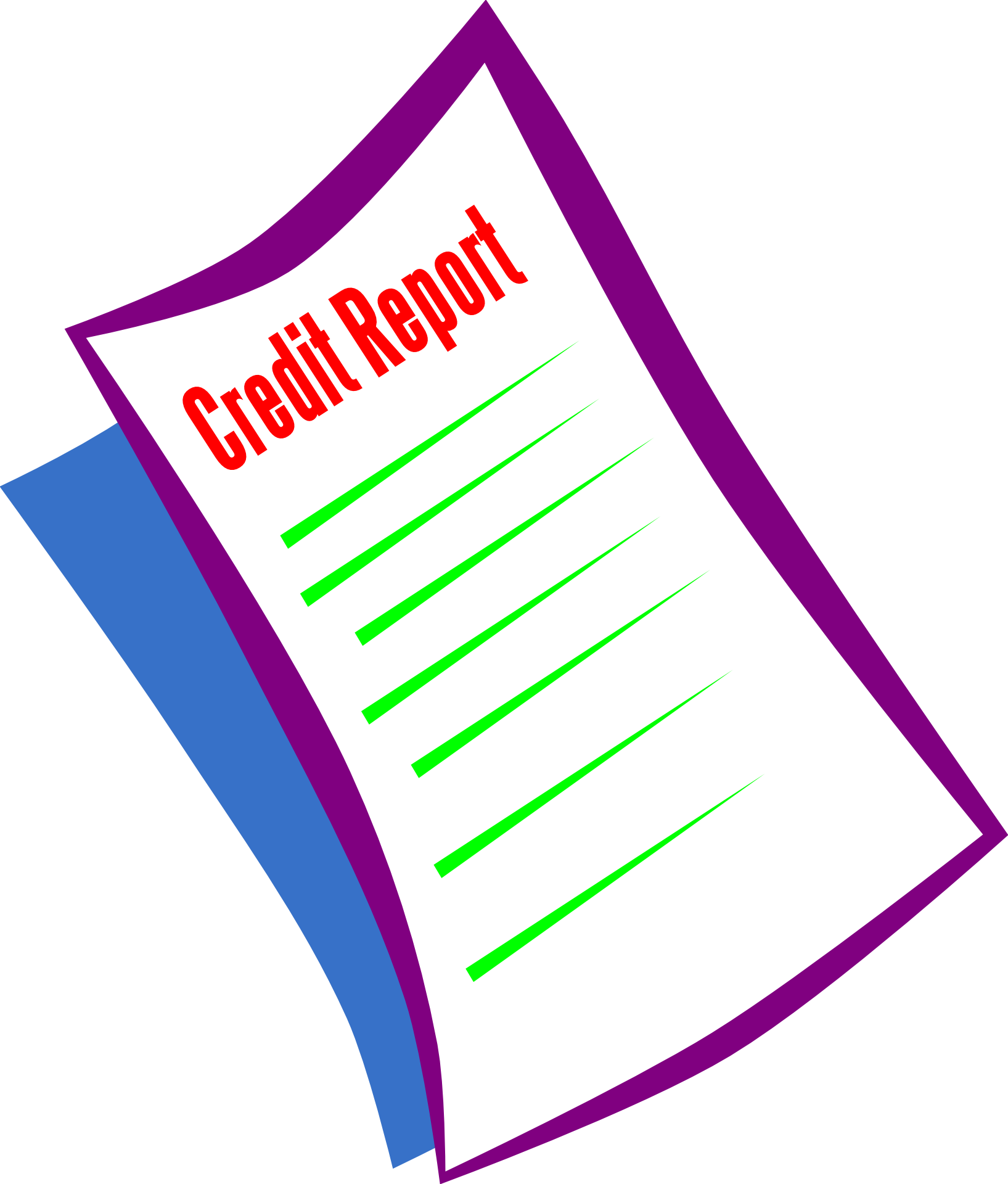What is a Credit Score?
It is a numerical representation of a consumer’s creditworthiness and lies between the range of 350-800. It is the primary metric that a lender considers while deciding whether the said consumer should be lent money or not. It goes without saying that the higher the score, the better it is for the consumer. A Credit Score is a compilation of various factors such as credit history, debt level, repayment history, number of open accounts, and so on. It indicates whether or not the consumer will repay loans in a timely manner.
To put it in numbers, a Credit Score between 800 and 850 is considered excellent whereas if it lies between 300 and 579, it is considered to be very poor. Consumers have always been keen on keeping their Credit Scores in check so as to ensure ease in taking loans.
How to Improve your Credit Score?
- Timely Repayment of dues
A key factor is to maintain a long history of one-time payments i.e to not miss loan/credit card payments by more than 29 days. Setting up automatic payments for the minimum amount due can help in the avoidance of payment default.
- Regular checking of one’s credit report
This is to ensure that there are no mistakes in the report that need to be rectified immediately. This is because the entire Credit Score is calculated based on the information mentioned in the credit report.
- Restrict the Application for new accounts
It might be helpful to open new accounts for the building of one’s credit file but this leads to a hard inquiry which may negatively affect the Credit Score. This is because opening a new account decreases the average age of accounts mentioned on your credit report.
- Utilization of credit
The ratio between the credit available to a consumer and the portion of it which is actually used depicts the consumer’s dependency on credit money. It is advised to keep that ratio below 30% to send across a strong financial message to the credit bureau. Market trends suggest that multiple credit card users should keep a check on how much money is being used on credit.
- Removal of old accounts from the credit report
Some may argue that removal of old and unused accounts from the credit report may be a wise thing to do but the fact is, they are automatically removed after a certain period. Old accounts with a sound and strong repayment history tend to improve the Credit Score and boost creditworthiness.
- Consolidation of debts
The existence of a lot of debt can be used to one’s advantage as a debt consolidation loan can be taken from the bank to pay them off with ease. To add to this, if a loan is received with a low rate of interest, the debt is repaid faster.
There is no set time period for the improvement of one’s Credit Score. The steps taken by a consumer to rectify the faults on their end and the discipline with which they approach their credit journey justify the future of their creditworthiness in the market.




